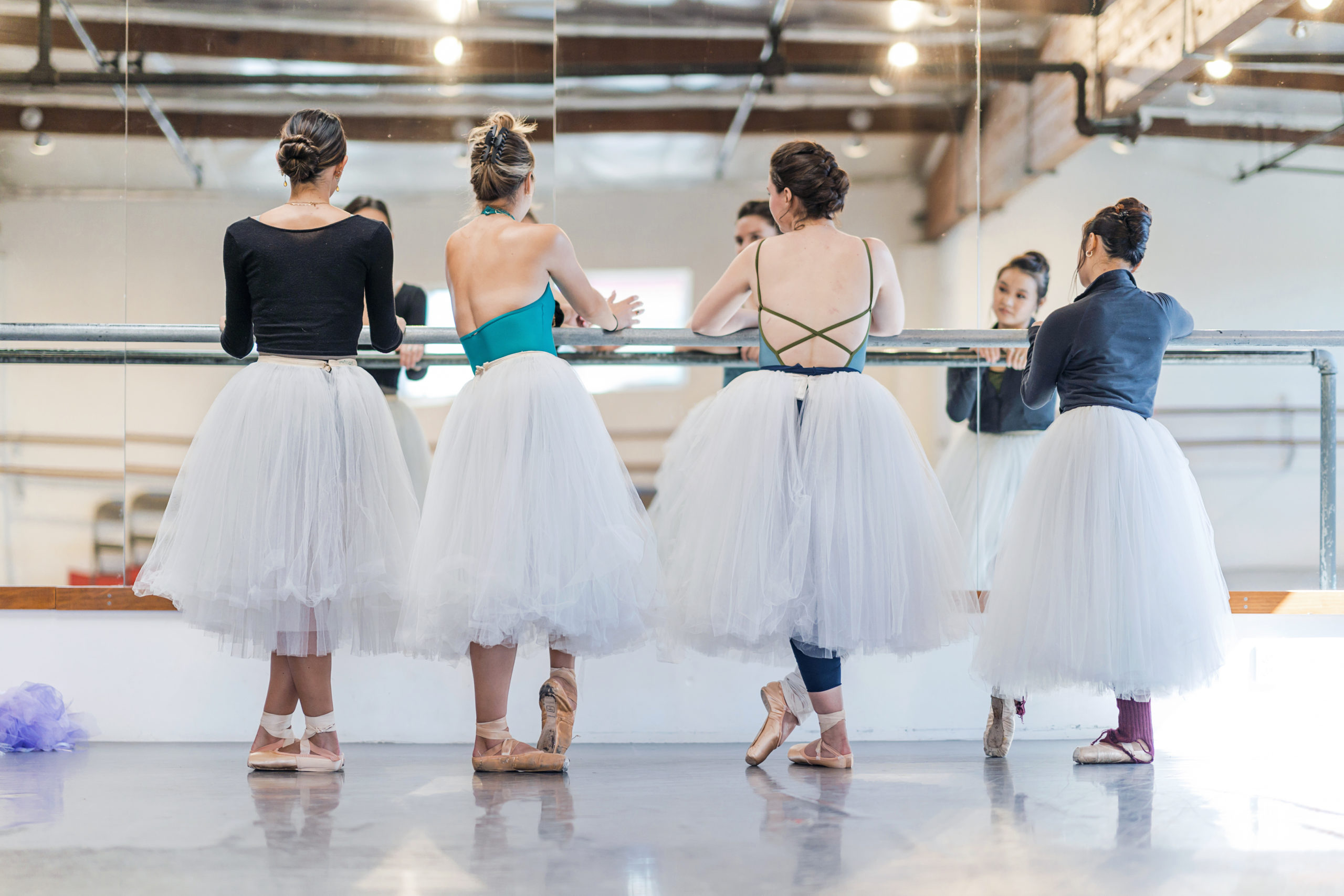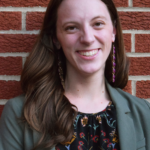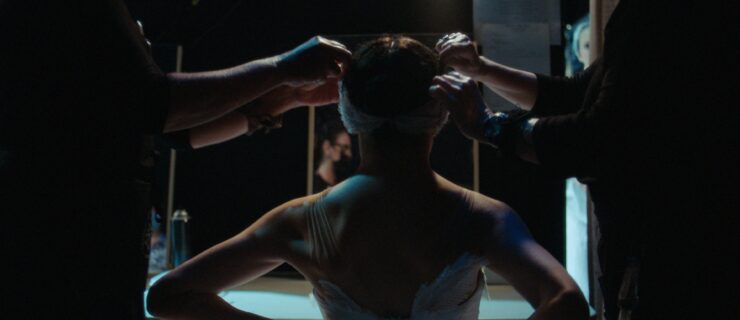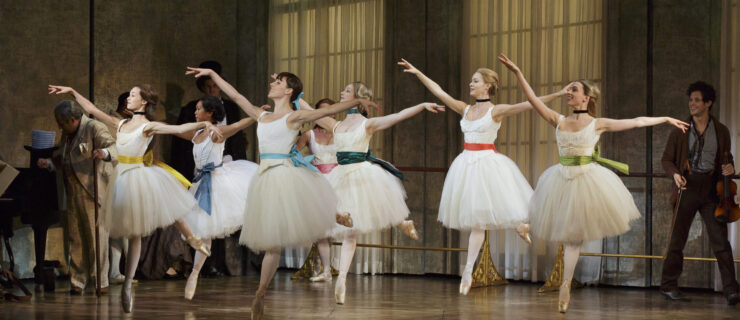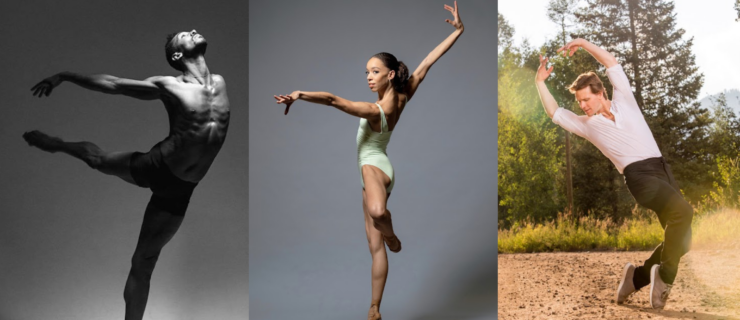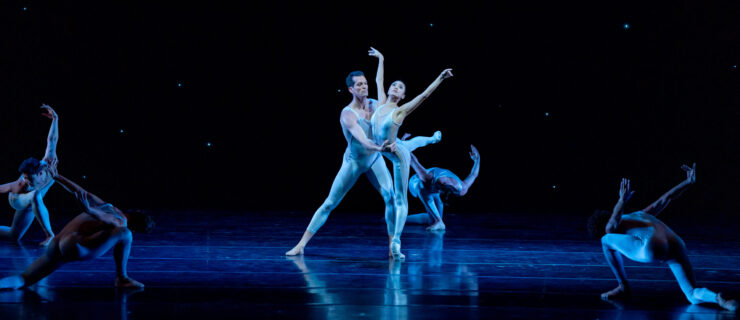The Encore Fund Scholarship Aims to Help Dancers Pay for Education
Dancing professionally and going to college have always been notoriously hard to mix, but Los Angeles Ballet dancer Shelby Whallon is trying to change that. Her new scholarship, The Encore Fund, will offer financial support for dancers struggling to pay for higher education.
School has always been important to Whallon—she enrolled at her local community college just a few months after she joined LAB in 2016. Like many of her co-workers, she spent the next few years working her way through college as a part-time student, taking classes at night after days full of rehearsals. When the pandemic hit and she was left with more time on her hands, she took a chance and applied to the Columbia University School of General Studies. The school is ideal for students on unique paths through their higher education—part of the application requires that students have taken at least one year off of school after high school. Whallon was thrilled when she was accepted, but the high price tag of tuition was less exciting. When the financial aid package came in far lower than what she needed, she was forced to turn down the opportunity altogether.
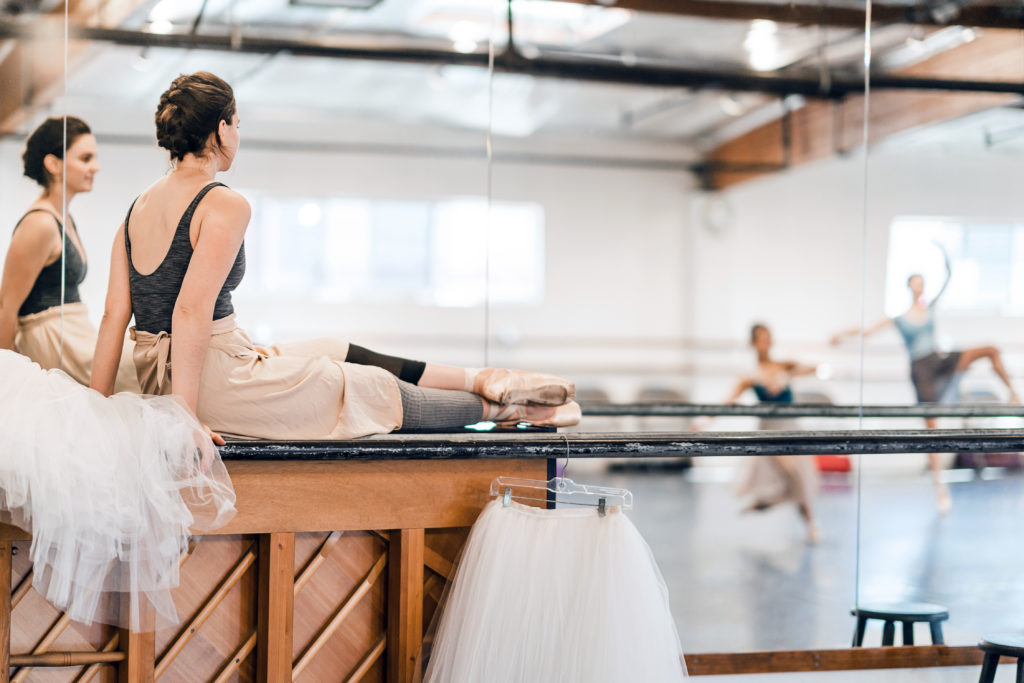
The experience led Whallon down a rabbit hole of research as she tried to find a way to fund her opportunity. As far as she could tell, the Career Transitions For Dancers scholarship at the Actors Fund was the only resource available to dancers transitioning between work and higher education.
This frustrated Whallon: “It didn’t sit right with me to do nothing about it,” she says. And that’s where The Encore Fund began. Pointe spoke with Whallon about the fund’s beginning, the inspiration behind it, and where she hopes to see the dance world go from here.
So, how do you make a scholarship fund?
Filing for an official 501(c)(3) status is a lengthy process, and I have zero nonprofit experience. After a lot of research, I found I could be housed under the Dance Resource Center of greater Los Angeles rather than setting up my own nonprofit entity. So The Encore Fund is housed under the Center’s 501(c)(3) umbrella.
To raise money, I started by building awareness. Once I came up with the name, it became about how people could find us—I needed a website and social media with professional photos. I found a photographer, who is a former dancer, and she came in pro bono to work with some dancers, who also donated their time. From there, I started collecting donations from social media and word of mouth.
When will The Encore Fund’s scholarship become available?
When it comes to scholarships in general, the money that you raise in this current year is what will be given away the following year. I haven’t opened any applications yet because I want dancers to know exactly what they’re applying for, and the Fund’s schedule will be affected by how much money we end up with. After the initial fundraising, we have about $800 ready to give away, and I’m still raising money now. If I end up with a lot more, I could divide it up quarterly, but if it stays closer to $1,000, then it will more likely be a yearly scholarship.
The next thing that I’d like to do is to get dancers involved; I’m setting up donation-based ballet or Pilates classes taught by dancers that will also help fund the program.
How will the application work?
I would love to open it up to a personal statement where people can tell their story, something that says, “This is what I have been doing, this is why I feel I deserve it and this is what I’m planning to do with it.” I would assume that right now it will be mostly pandemic-related needs, since the pandemic lasted longer than we thought.
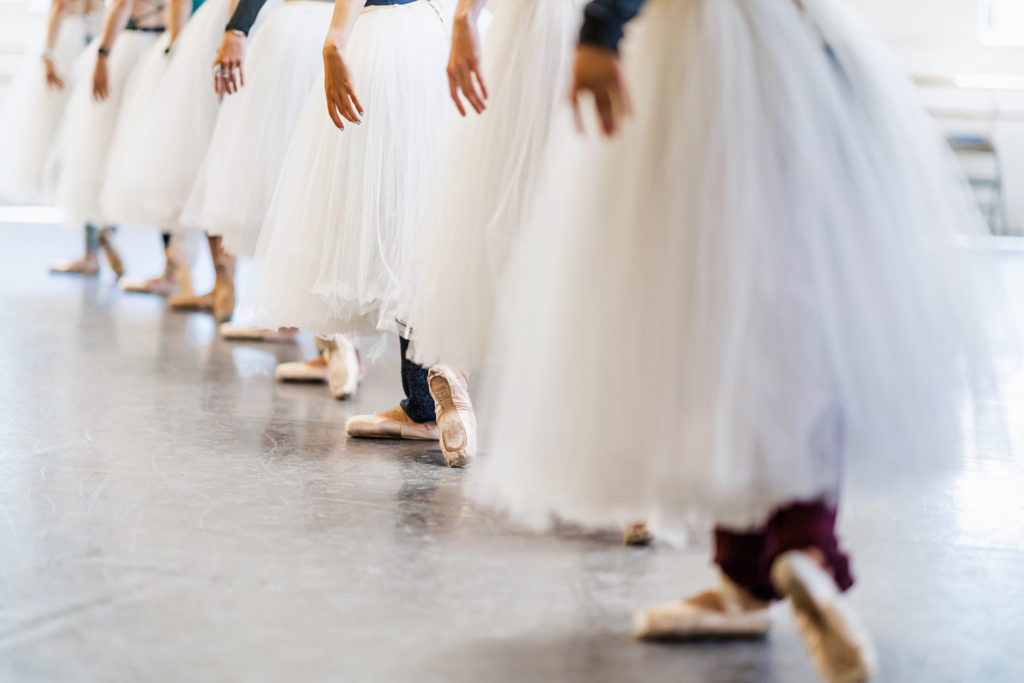
It’s also not open to only ballet dancers. Anyone who has professional dance experience deserves a proper career transition. A lot of dancers decided to make a transition away from performing but don’t have the funds to continue their education.
When the time comes, I’m also planning on having a panel of dancers in Los Angeles that will help make the allocation decisions as a group, so it’s not just me looking at the applications.
Did the experience of setting up The Encore Fund change your perspective on how we support professional dancers?
My experience with Columbia was the first time I’ve ever had to look at an opportunity that I really wanted and say “I can’t do it.” I searched for “dancer career transition scholarship,” “adult career transition scholarship,” “second career scholarship”—literally any combination of words that could vaguely apply to my situation, and it was kind of shocking that [I could only find] one scholarship available.
If you’re a professional dancer in school, you’re probably only taking a few credits every semester. That means you’re only qualified for the part-time scholarships, and your financial aid is different, too. The process made me feel really discouraged, and I just don’t think that should be the reality for us.
What else needs to change when it comes to dancers’ education?
I want there to be more of a transition between someone’s final bow and whatever they move on to next. The emotional toll that it takes to walk away from the identity you have formed around yourself is often treated really casually. All the time, we see dancers retire from the stage, and then we rarely hear anything after the curtain, even if they were quite well-known. Retiring doesn’t have to be a final bow on life, that’s why I called the scholarship “The Encore Fund.” You’re going on to do something that you’re probably equally as passionate about, like an encore. I just want to make sure we can find the money to get there.
